Citizens should help govt make a New India: President Kovind on 71st I-Day eve
Mon 14 Aug 2017, 20:45:14
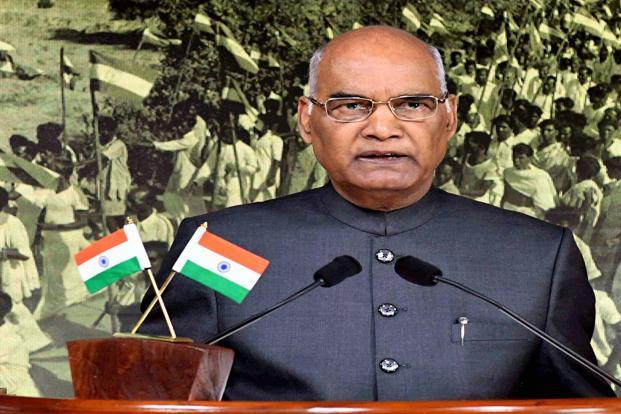
New Delhi: President Ram Nath Kovind on Monday addressed the nation on the eve of 71st Independence Day.
On August 15, 1947, we became a free nation. Sovereignty and the responsibility for our destiny moved from the British crown to the people of India, said Kovind in his maiden speech as President.
It was the culmination of a dream for our country - a dream seen by our forefathers and freedom fighters. We were free to imagine and build our nation anew.
For our independence, we owe so much to the countless freedom fighters who made great sacrifices to bring us here.
Chennamma, the Rani of Kittur. Lakshmibai of Jhansi. Matangini Hazra, the heroine and martyr of the Quit India Movement. There are so many examples.
Matangini Hazra was an elderly woman, into her 70s. She was shot by the colonial police in Tamluk, in Bengal, while leading a peaceful protest march. She died with "Vande Mataram" on her lips and with the hope of a free India in her heart.
Freedom fighters like Sardar Bhagat Singh, Chandrashekhar Azad, Ram Prasad Bismil, Ashfaqullah Khan, Birsa Munda and thousands of others gave their lives for us. We can never forget them.
Gandhiji was not alone in this nationwide struggle for freedom and reform. Netaji Subhas Chandra Bose exhorted our people, saying: "Give me blood and I will give you freedom". At his word, millions of Indians joined the freedom movement under his leadership and gave their all.
Nehruji emphasised that India's age-old heritage and traditions - so dear to us - could co-exist with technology and a quest to modernise our society.
Sardar Patel instilled in us the importance of national unity and integrity. And of a disciplined national character.
Bhim Rao Ambedkar urged upon us the virtues of constitutional governance, of the rule of law - and of the vital need for education.
A tradition I remember from my childhood was that when there was a wedding in one family, the entire village shared the responsibility and
contributed. Regardless of the caste or community, the bride became the daughter of not just a single family but of the entire village.
contributed. Regardless of the caste or community, the bride became the daughter of not just a single family but of the entire village.
There was a sense of caring and of sharing, and of inter-dependence. If you helped your neighbours in their times of need, they instinctively helped you in turn.
Today, in big cities we may not even know our neighbours. Whether in cities or villages, it is important to reignite that sense of caring and sharing. This will make us a gentler and happier society and help us understand each other with greater empathy.
We should also work with unity and purpose to ensure that the benefits of government policies reach all sections of society. For this, the partnership between citizens and government remains essential.
The government is building toilets or helping build toilets - but it is for each of us to use those toilets and make India open-defecation free.
It is our national pledge to achieve important goals to make a 'New India'.
The government can frame laws and strengthen law enforcement - but it is for each of us to be a law-abiding citizen and build a law-abiding society.
The government is implementing GST to eliminate multiple taxes and simplify transactions - but it is for each of us to make this an essential part of our everyday transactions and business culture. I am happy that the transition to the GST system has been smooth.
In the year 2022, our country will complete 75 years of Independence. It is our national resolve to attain certain desired milestones for a New India by then.
When we speak of a New India, what do we mean? There are some obvious parameters - like a house for every family, power on demand, better roads and telecom, a modern railway network, rapid and sustained growth.
New India must be a society rushing towards the future, but also a compassionate society. A compassionate society where the traditionally disadvantaged, whether SCs, STs or OBCs, are part of our national developmental process.
No Comments For This Post, Be first to write a Comment.
Most viewed from National
Most viewed from World
AIMIM News
Latest Urdu News
Most Viewed
May 26, 2020
Do you think Canada-India relations will improve under New PM Mark Carney?
Latest Videos View All
Like Us
Home
About Us
Advertise With Us
All Polls
Epaper Archives
Privacy Policy
Contact Us
Download Etemaad App
© 2025 Etemaad Daily News, All Rights Reserved.

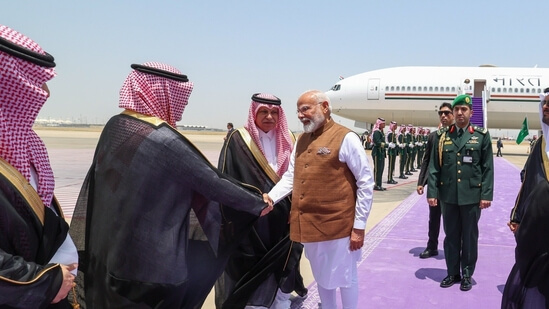
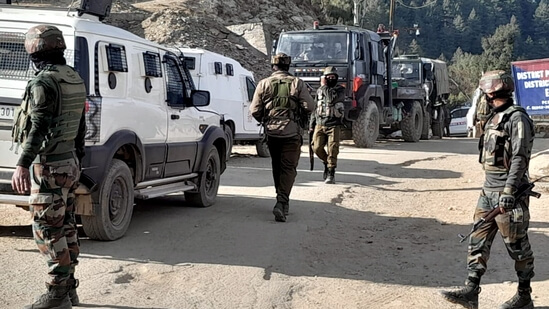
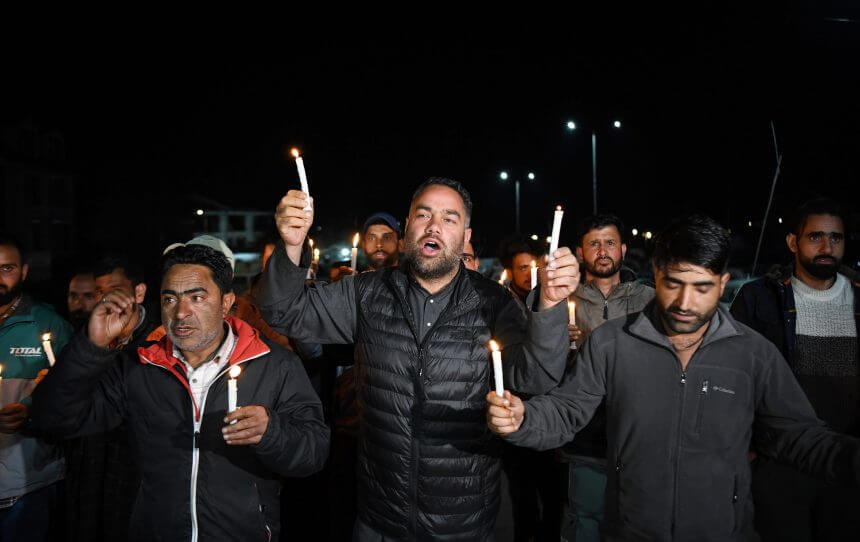
.jpg)
.jpg)
.jpg)
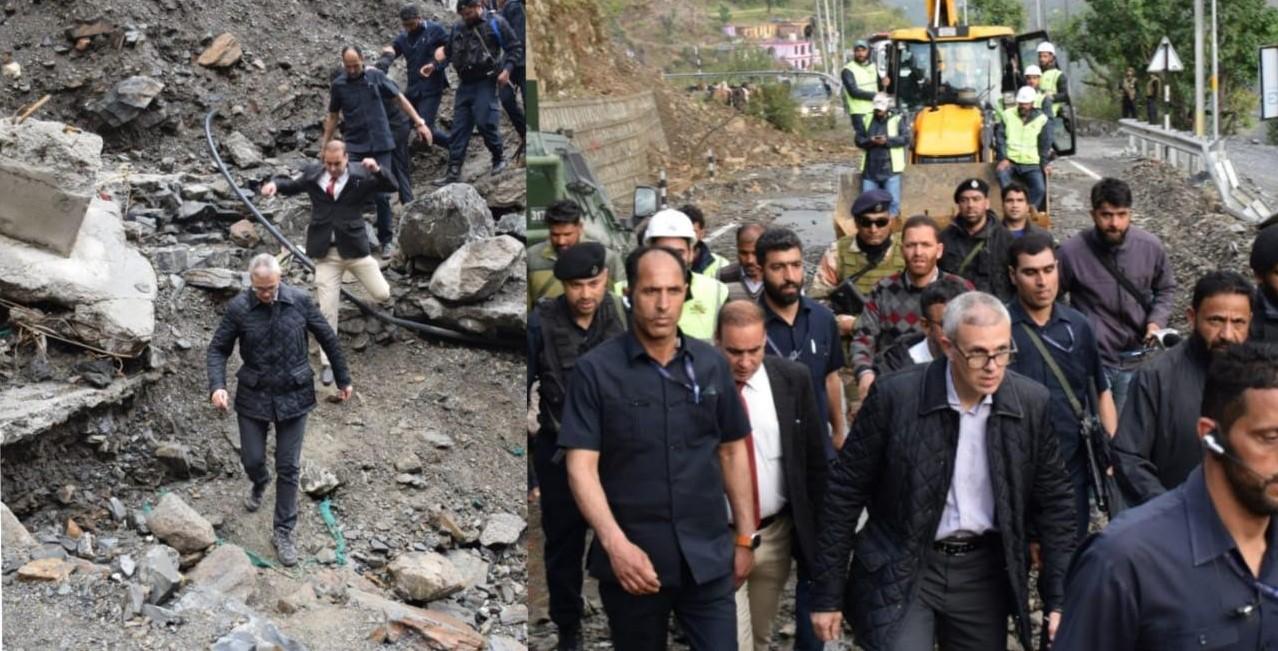

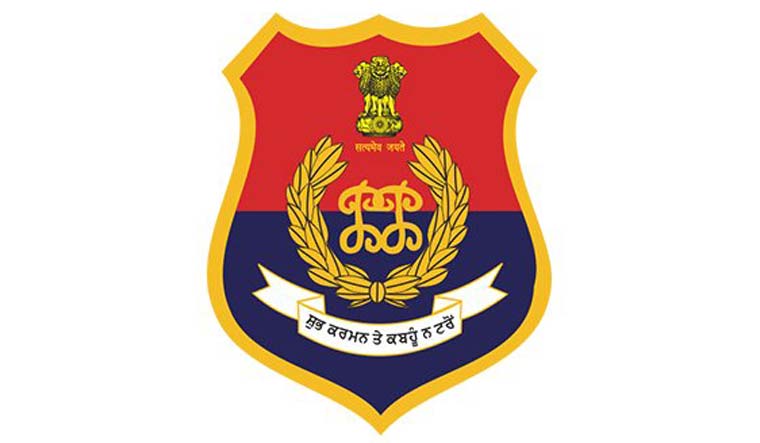
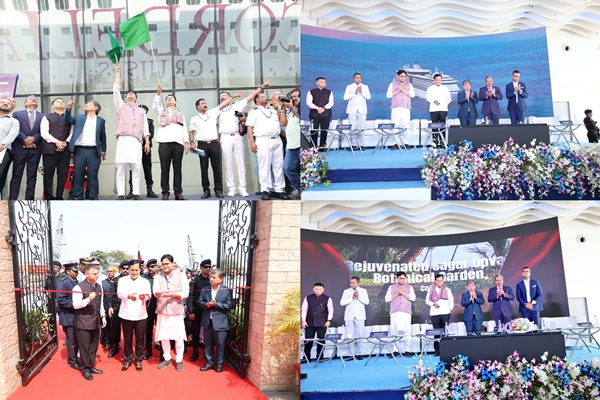
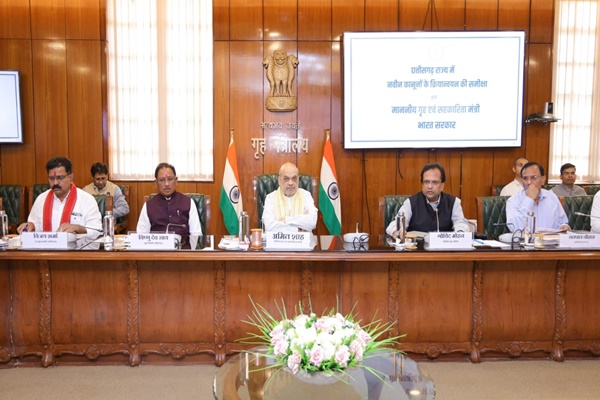
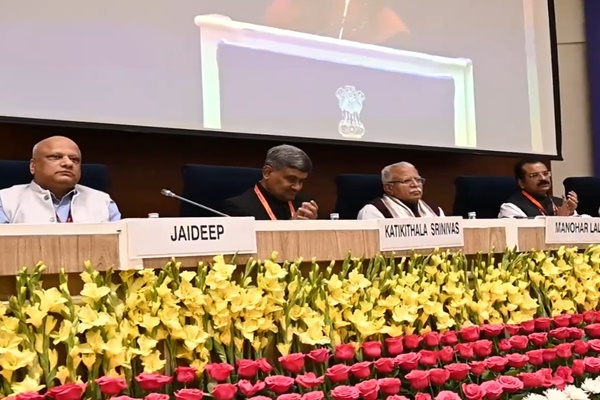

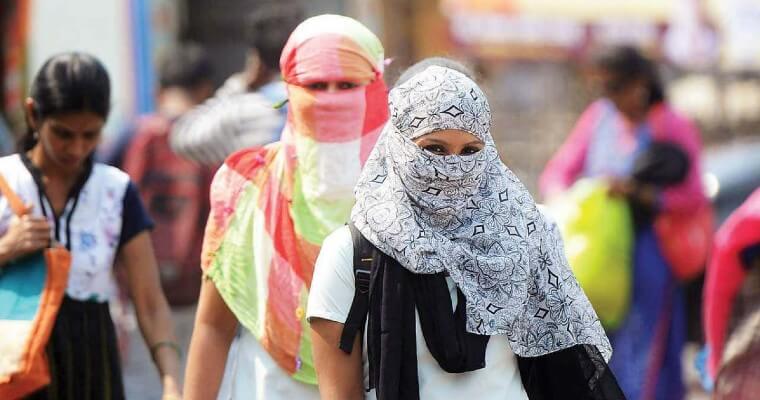
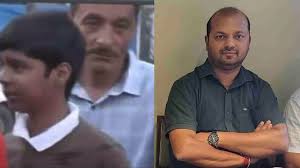
.jpg)
.jpg)
.jpg)
.jpg)
.jpg)
.jpg)
.jpg)
.jpg)
.jpg)

















